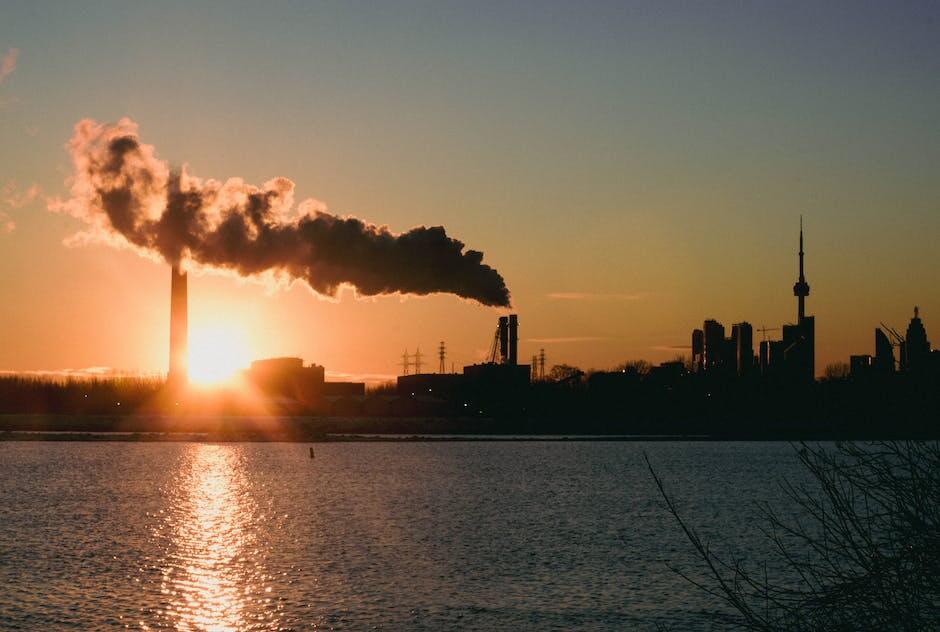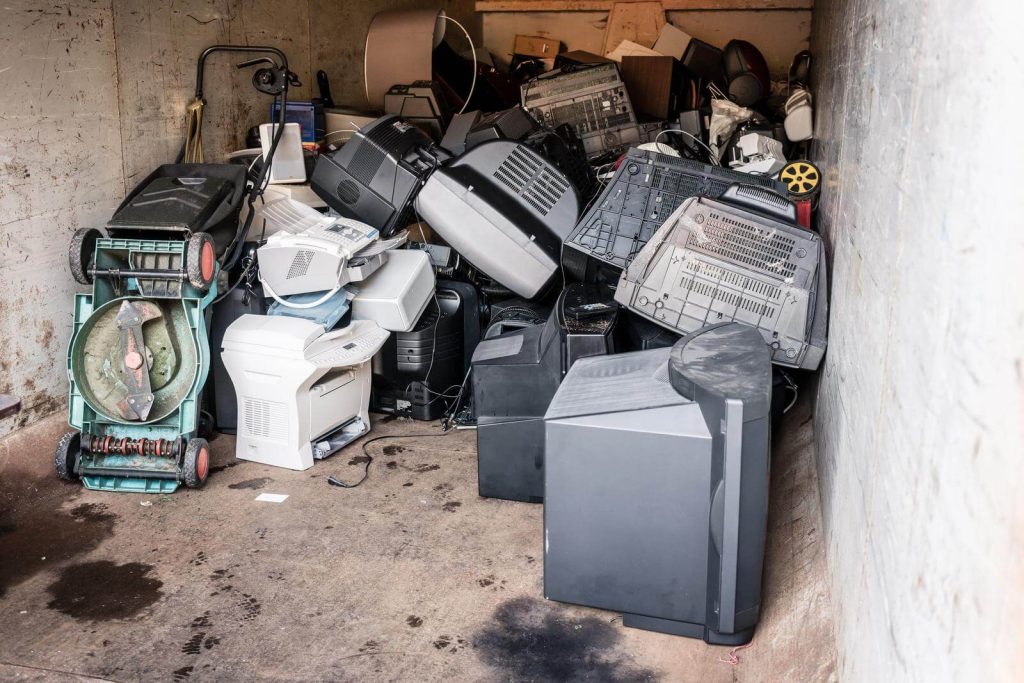 Since the implementation of the Clean Air Act, the combined emissions of the six most common pollutants have decreased by 78 percent.
Since the implementation of the Clean Air Act, the combined emissions of the six most common pollutants have decreased by 78 percent.
It’s up to everyone, including companies here in the United States, to do their part to decrease the impact they have on our earth. Still, accidents happen, and that’s why having pollution liability insurance is so critical.
You may think you don’t deal with polluting materials, but most businesses deal with some type of pollutant. Negligence can cost you in more ways than one, especially if it leads to legal action or citations.
Keep reading to learn about pollution liability insurance policies, including why you need one and what it covers.
What Is Pollution Liability Insurance?
This type of commercial insurance protects a company against liability from injury or damages caused by any pollutants they produce or work with. For instance, businesses can wind up polluting the environment or producing products that cause damage or defects due to exposure.
Pollution liability is additional coverage to handle coverage gaps. It protects companies against expensive legal fees, cleanup costs, etc.
Almost every business is at risk of being cited or sued for pollution damage. When people think of companies that cause pollution, they may picture manufacturing plants or dry cleaners. But environmental damage can come from unexpected places as well.
For instance, phthalates in beauty products or glitter, which is a non-biodegradable plastic. Even cheap essential oils can cause harm by leaving residue on household pipes.
Plus, you must consider pollution exposure. Pollution liability insurance is extra coverage that benefits almost every business.
The Benefits of Having It
Most companies only cause environmental damage by accident, but those accidents can happen to anyone. Other corporations may not be fully aware of the significant amount of damage they do or who they harm.
Back in 2011, Apple was slammed for causing significant pollution damage and injury to its workers. Heavy metal contamination and workplace poisonings in Chinese factories landed them in hot water. Hospitalized victims wrote to the chief executive to demand someone take responsibility.
Additionally, companies like Apple produce electronic waste. E-waste is one of the worst contributors to our pollution problem.
Globally, we contribute 40 million tons of electric waste to landfills every year. Laptops, cell phones, gaming consoles, and other forms of electronic waste leak chemicals into our landfills and waterways, contributing to the pollution problem.
Pollution liability business insurance provides many benefits and helps to protect your business. General liability insurance isn’t enough to provide the coverage you need.
Costs associated with pollution damage caused by your company include cleanup fees, legal fees, reparation for property damage, bodily injury, and remediation costs. Plus, you have to think about the damage to your brand reputation and how much that will cost you both in sales and customer trust.
What Does It Cover?
Pollution liability insurance protects a company against claims and lawsuits. It covers losses associated with pollution in which the insured party is allegedly responsible for property loss, bodily injury, etc.
In general, a policy will cover the following risks:
- Contractors pollution
- Premises pollution
- Errors and omissions
- Third-party bodily injury claims
- Legal fees related to claims
- Third-party property damage
In short, this policy is designed to protect a company against incidents related to pollutants that a standard property and casualty policy does not cover.
So, what doesn’t a policy cover?
As expected, there are certain exclusions to keep in mind.
Policies may have a per-person limit or an aggregate limit. There are also excluded hazards, such as mold, silica, asbestos, and pre-existing pollutants, which may require additional coverage.
There are also special considerations for certain industries, such as waste treatment and disposal companies. That’s why it’s crucial to discuss your liability risk and find a policy that suits all your needs.
Is It Required?
The higher your risk for accidents and injuries related to pollutants, the more you should invest in this type of coverage.
Failure to get pollution liability insurance can cost you your business. After all, polluting the environment or causing significant bodily injury has severe potential legal liabilities. Whether you’re aware of the impact your company has on the environment or not, you’re responsible for covering damages.
Independent contractors may also need to have pollution liability insurance and show proof before working certain jobs.
Even smaller companies can benefit from investing in a policy, as there’s always a risk of lawsuits.
Here are some businesses that need coverage:
- Oil refineries
- Dry cleaners
- Hair salons
- Auto repair shops
- Landscaping companies
- Construction companies
- Asbestos abatement
- Waste depositories
- Industrial sites
- Junkyards
- HVAC installers
- Manufacturers
- Contractors
Keep in mind that this isn’t an exhaustive list. If your company deals in any sort of chemicals or operates in a densely populated area, it’s a good idea to obtain coverage. The transportation of hazardous substances can also cause accidents and exposure.
In addition, you must consider hazards on your property. There may be unseen pollutants that cause your workers to get sick, leaving you potentially responsible.
If you work with any type of chemical, you operate in an environmentally sensitive area, there are people or places that may be exposed, or there’s a potential for water intrusion, it’s time to invest in coverage. Remember, almost any material can be considered a contaminant.
Where to Get Pollution Liability Insurance
Now that you know more about the importance of pollution liability insurance and which companies need it, you can take steps to protect your business.
To find coverage that suits you at an affordable rate, you need to compare policy quotes. We make it easy to browse policies, so no matter the size of your business, you can find a solution that works. Simply complete our free quote form to start comparing your options.

